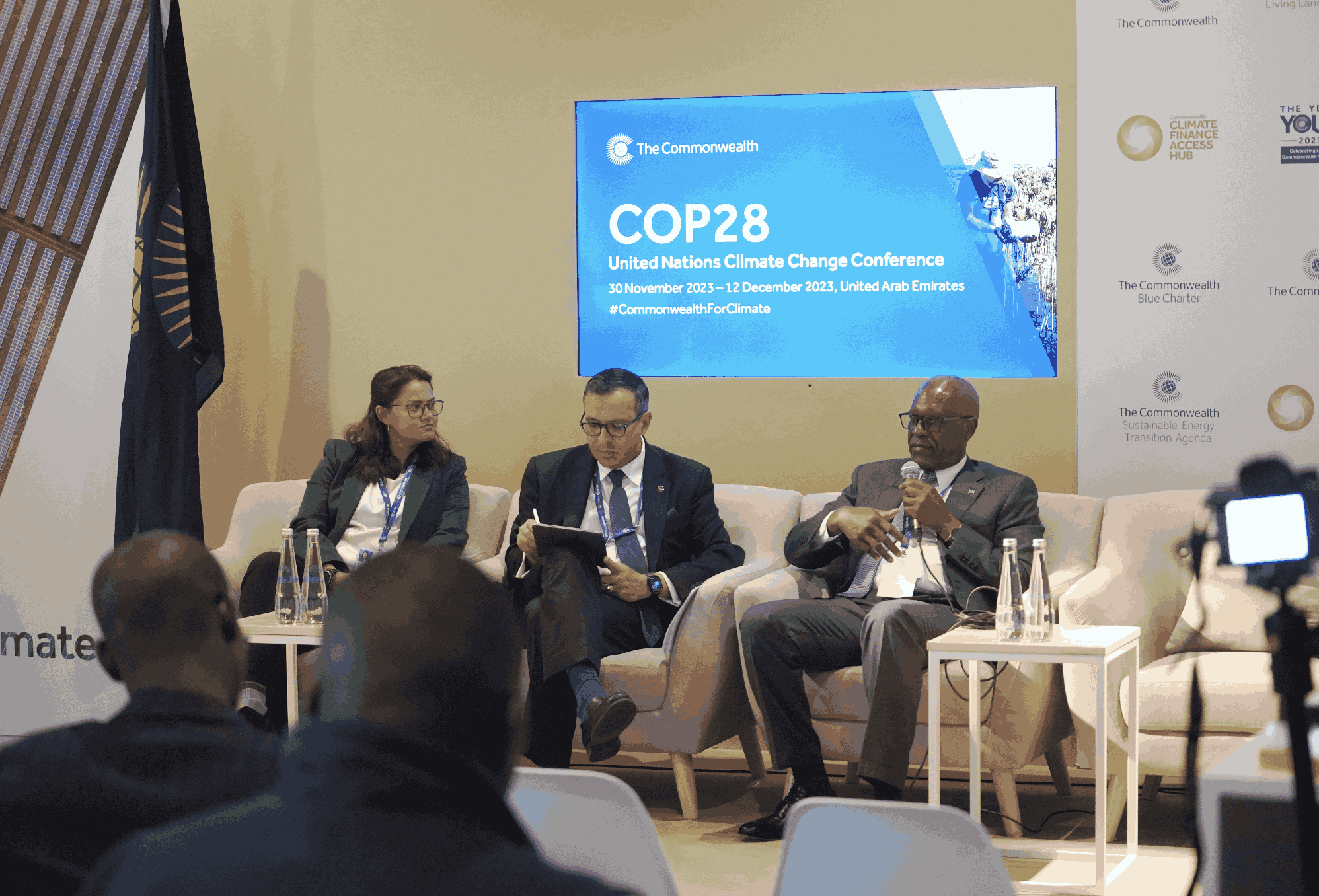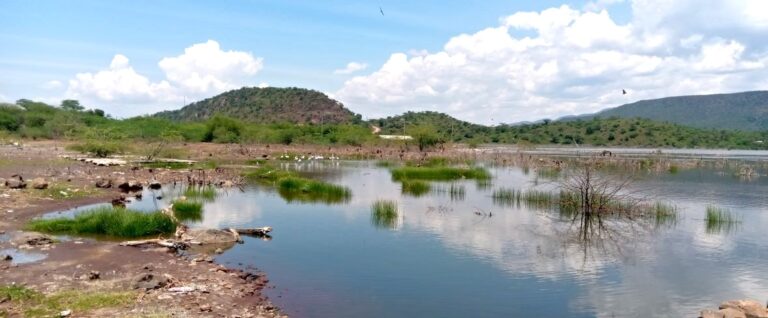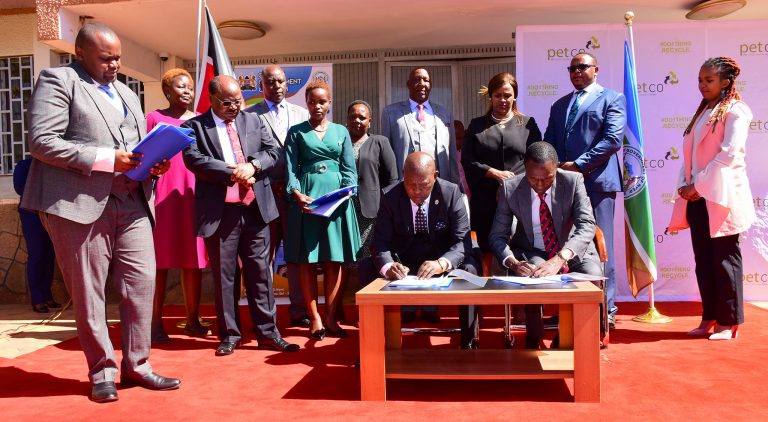A new action group announced in Dubai will help Commonwealth countries, including African member states, rapidly cut emissions of the potent greenhouse gas methane as part of wider efforts to keep rising global temperatures within liveable limits.
The country-led coalition was announced at a ministerial event on the margins of the United Nations Climate Change Conference (COP28).
Methane, the main greenhouse gas after carbon dioxide, is responsible for over a third of the current global temperature rise. It is more than 80 times more powerful in trapping heat than carbon dioxide in the short term.
Cutting methane emissions is one of the fastest and most cost-effective ways of slowing global heating, according to the Intergovernmental Panel on Climate Change report. A reduction of 45 per cent by 2030 is necessary to keep the Paris Climate Agreement’s target of limiting global heating to 1.5 degrees Celsius within reach.
The action group will be made up of Commonwealth countries and partners committed to sharing knowledge, expertise, technology, and policy solutions to reduce methane emissions and effect broader positive change.
Integral to the group will be the Commonwealth Secretariat’s support, drawing on its extensive experience in assisting countries, including Belize, Ghana, Namibia, Tanzania and Uganda, to tackle methane emissions in the oil and gas sector.
Announcing the action group, the Commonwealth Secretary-General, the Rt Hon Patricia Scotland KC, said: “The latest emissions report reveals that we are not on track to meet the Paris Agreement goals because of our collective failure to reduce greenhouse gas emissions. Under current policies, warming is likely to be 3 degrees Celsius. Unless we change course now, the existential threat will become an existential reality. Coordinated and urgent course correction is needed – and cutting methane emissions is the key.”
“It gives me great hope to announce our Methane Action Group. I urge all member countries and partners to join this coalition, committing themselves to work together to curb methane emissions. Because I have no doubt that when we work together, we can bend the emissions curve,” the Secretary General added.
Speaking at the event, the Honourable Tom Alweendo, Namibia’s Minister of Mines and Energy, outlined his country’s approach to methane. “Namibia is a net carbon sink and has ambitious low-carbon development strategies to remain so. Our goal is to become a world-class green hydrogen hub and develop our petroleum resources at the lowest possible emissions levels. Namibia is a signatory of the Global Methane Pledge. The government’s position is clear: we have zero tolerance for flaring and venting, and we will adopt the same for methane emissions. With assistance from the Commonwealth Secretariat, we are strengthening our regulatory framework for methane, including through a near-zero methane emission policy and a methane action plan. Through this Commonwealth action group, we look forward to collaborating with various stakeholders to turn these commitments into reality.” he opined.
The methane action group is part of the Commonwealth Sustainable Energy Transition Agenda, which aims to fast-track an inclusive, just, and equitable transition to low-carbon energy systems across the Commonwealth.








